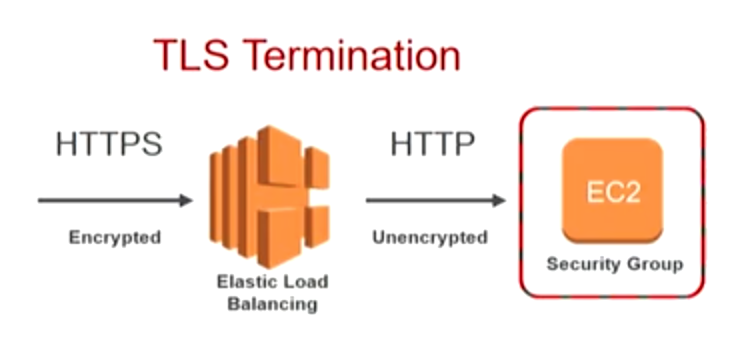I have an internet isolated EC2 instance which is a Ruby client and it is connecting with multiple EC2 servers of mine in the same network having different sub-domain names. These EC2 servers are protected with forced SSL whenever they are accessed from the internet.
But since the Ruby client is isolated from the internet, can I connect with my EC2 servers with SSL verification flag turned off? I am using Faraday client and for development I have done Faraday::Connection.new host, { ssl: { verify: false } }
My reasoning behind this is that there will be two types of ssl certificates for different use cases, one will be our production ssl certificate and other one will be self signed ones on developer systems. And maintaining all those different ca paths on this one client server can be a roadblock.
What can go wrong if I disable client side ssl verification off on this internet isolated instance?
This is different from this question because the connection between the client and server is happening on an internal network.

